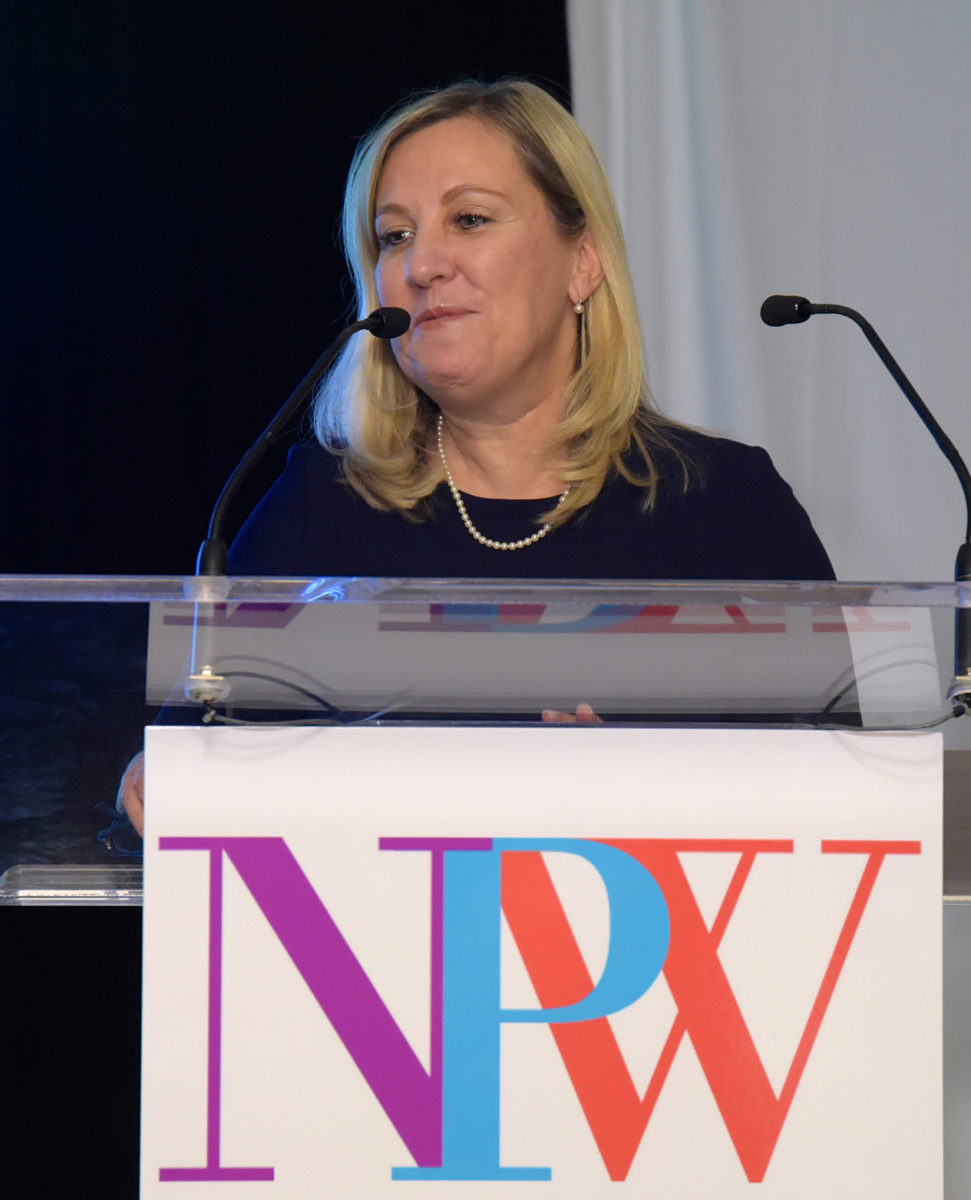Suite Talk: Jan Fisher, executive director at Nonprofit Westchester
 The Covid-19 pandemic period has challenged the nonprofit sector at multiple levels. In this edition of Suite Talk, Business Journal Senior Editor Phil Hall speaks with Jan Fisher, executive director of the White Plains-based Nonprofit Westchester, on how the local nonprofit organizations have fared over the past 13 months and what the challenges lie ahead for them in the coming months.
The Covid-19 pandemic period has challenged the nonprofit sector at multiple levels. In this edition of Suite Talk, Business Journal Senior Editor Phil Hall speaks with Jan Fisher, executive director of the White Plains-based Nonprofit Westchester, on how the local nonprofit organizations have fared over the past 13 months and what the challenges lie ahead for them in the coming months.
How has the nonprofit sector in Westchester been holding up over the past year?
“Adversity is not anything new to the nonprofit sector and nonprofit organizations. During almost any crisis, our agencies, unfortunately, are the first to be cut and the first to be impacted. Yet the demand for our services increases during every crisis ”” whether it”™s an economic downturn or a pandemic ”” and funding decreases.
“Our agencies are filled with brilliant CEOs, dedicated staff and our organizations continued to do what they always do: lift up the community, make sure people are stable and make sure that our economy is still functioning.
“Nonprofits employ one in eight people in Westchester and almost 20% of the workforce statewide. We”™ve had workers making minimum wage and going to jobs where they endanger themselves. They supported all of Westchester through this pandemic and helped people get through. I”™m very proud of how we have fared and what we have done.”
The nonprofit sector covers a wide range of endeavors, ranging from arts and entertainment to health care to helping smaller businesses. Were there particular sections within the nonprofit sector that have been hurt more than others? And if so, what is your organization doing to help those that are in greater need of assistance?
“The nonprofit sector does consist of a variety of organizations and we consider the ones that are providing frontline work, the human services agencies, which are different than other programs such as the arts, which provide solace and an economic engine and are critical to the economy and to people”™s health and wellness, as well.
“However, during this pandemic, there was a 300% increase in the need for food. In Westchester, there are still people that are food insecure and people that are hungry. So, the essential services that nonprofits provide is a very top issue. Affordable housing and homelessness prevention, physical and mental health, immigrant rights, youth safety and education were the areas that we focused on because we saw that people in those areas were so greatly impacted and intersected with other issues.”
Nonprofits rely on grants, philanthropic donations and donations from the general public. Do you see that picking up this year after the problems that many organizations had in fundraising during 2020?
“That really waits to be seen. We are very busy providing services. And in terms of fundraising, how we tell our stories and how we engage the community, the media and government to portray us as essential could go a long way in helping people to understand that they”™re investing in something that”™s important to all of Westchester or to the entire community, themselves included.
“The fact is when nonprofits provide childcare or services to people in nursing homes and residences for people with disabilities, we have multimillionaires from Westchester and people in the middle class who have family members in these places who are receiving nonprofit services. That”™s a whole other conversation about why our society isn”™t taking care of its most needy and why nonprofits have to go out and ask for additional funding.”
What is on your organization”™s agenda for the remaining months of 2021 and into 2022?
“We are very, very focused on making certain that the benefits and the investments coming from New York state, Westchester County and the federal government are going to be implemented in a way that people can actually access them. And then, we”™re going to continue to talk about the issues that we know and we”™ve seen during the pandemic that have disproportionately influenced people of color ”” most sectors don”™t like to talk about this other than the nonprofit sector, but it”™s something that we do have to speak about.
“The population of Westchester is changing. It”™s growing in terms of its Black, Latinx and Asian populations. And we know that people of color during the pandemic died of Covid at twice the level of white people. We have seen the disproportionate impact on poor children in terms of access to broadband and Chromebooks and other things. We are going to continue to respectfully and politely and factually engage the entire community in what we feel should be issues of concern to everyone if we want to have a fair and equitable community and a thriving Westchester.”